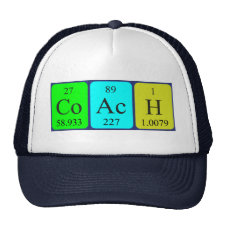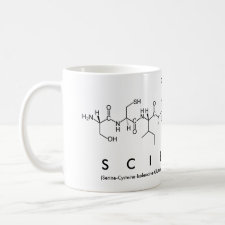
Authors: Huda N, Rashid M, Rashid H
Article Title: A Review on Stimuli-responsive grafted membranes Based on Facile Synthesis Process and Extensive Applications.
Publication date: 2014
Journal: International Journal of Innovation and Applied Studies
Volume: 8
Issue: (3)
Page numbers: 1296-1312.
Alternative URL: http://www.ijias.issr-journals.org/
Abstract: In the past few years, an increasing number of stimuli responsive thin polymer films and intelligent hydrogels have been reported in the literature for various biomedical applications, including drug delivery, tissue engineering and wound healing. The thermo-sensitive approach can be advantageous for some specific applications as it does not require organic solvents, co-polymerization agents, or an externally applied trigger for gelation. The conformation as well as change in physical properties of polymer brushes and polymer hydrogel can be influenced by the environmental stimuli, such as solvent composition, temperature, pH and electric fields. This review focuses on the recent advances of these stimuli responsive molecular thin film and stimuli responsive polymeric gels with unique properties and utilities. We also discuss some conflicting behaviors shown by polymer grafted membrane and polymer gel surfaces, synthesized by using same monomers. Major properties of stimuli responsive thin polymer films, and on their potential application in the field of nano-optics, ultrasensitive spectroscopies and other biomedical applications including drug delivery are also outlined.
Template and target information: Review - stimuli-responsive membranes



Join the Society for Molecular Imprinting

New items RSS feed
Sign-up for e-mail updates:
Choose between receiving an occasional newsletter or more frequent e-mail alerts.
Click here to go to the sign-up page.
Is your name elemental or peptidic? Enter your name and find out by clicking either of the buttons below!
Other products you may like:
 MIPdatabase
MIPdatabase









